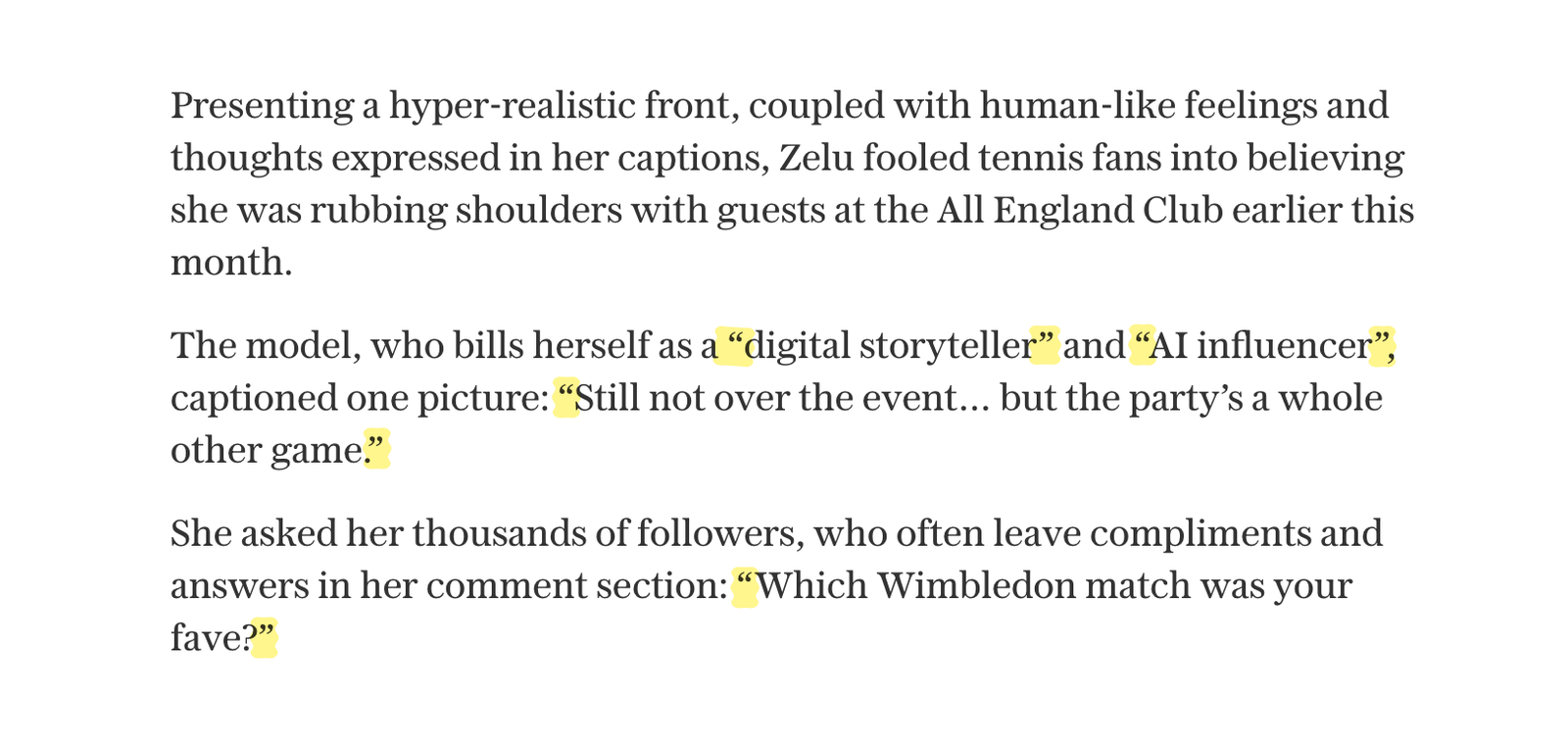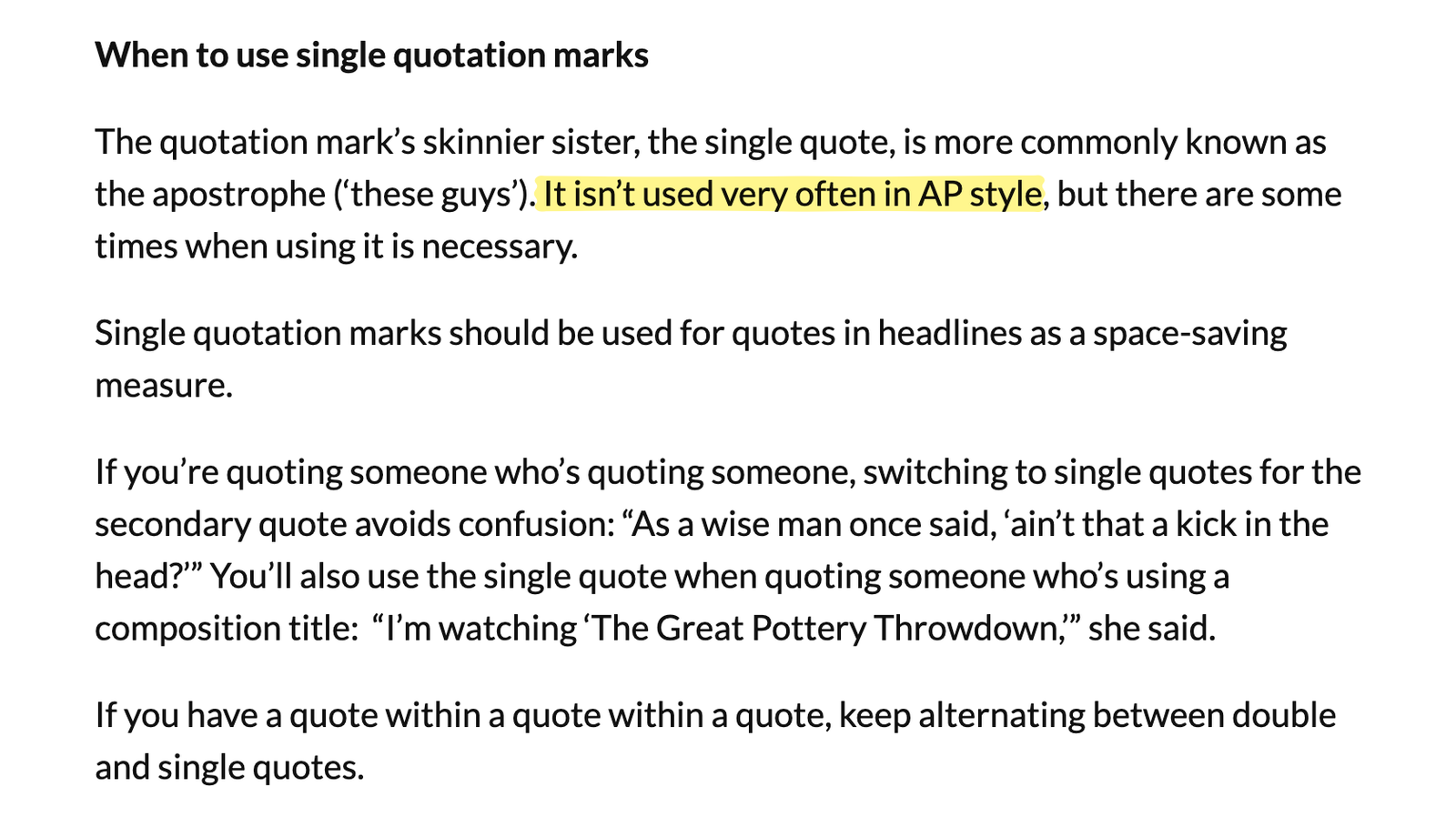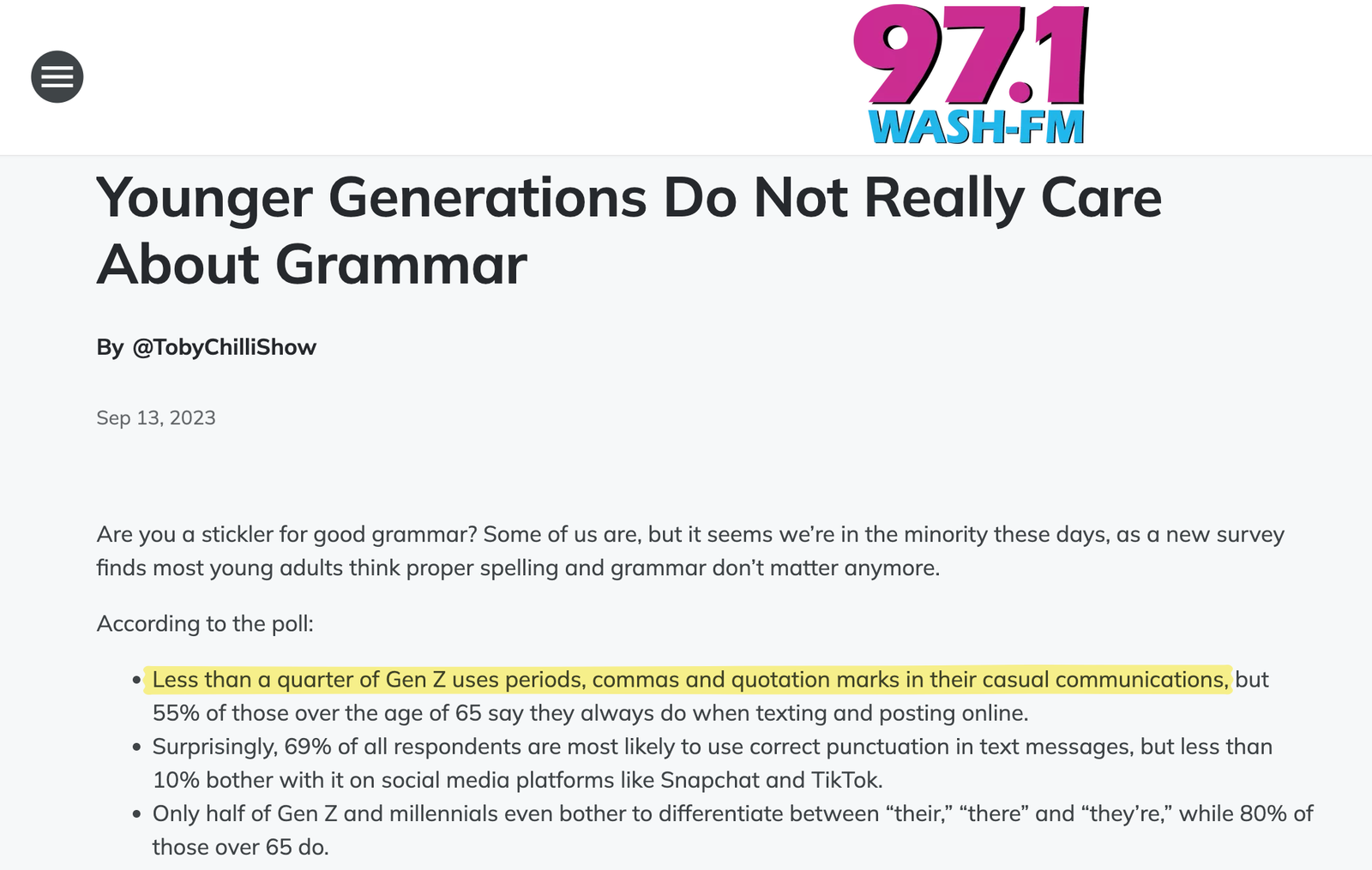Are Double Quotes Replacing Single Quotes?
Recently, I was editing a document and noticed that I instinctively used double quotation marks (" ") instead of single ones (' '). It made me pause for a second – didn't I grow up using single quotes for things like speech and dialogue?
That led me down a rabbit hole of how quotation mark usage has been changing. And yeah, things have shifted a bit – but it's not as straightforward as "double quotes are taking over single quotes."
It depends on where you're from
In the US, double quotes have always been the default. In the UK, it's traditionally been single quotes. But this line is starting to blur. Some big UK newspapers (like The Telegraph and The Times) now follow what's more common in the US. Even the term "quotation marks" is becoming more common than the older "inverted commas" in Britain.
Fun fact: double quotes were actually more popular in the UK before the 1950s. Single quotes came in later, mainly because they took up less space in print.

But look at this today's article in the Telegraph UK, they haven't used any single quote in the whole of the article, but only double quotes. In fact, none of their articles have single quotes anymore.
But... publishing still has its own rules
Publishing houses and editors haven't all switched to one style. The AP Stylebook still prefers double quotes in the US. Meanwhile, British publishers stick to their traditional style – unless the audience is more international. In that case, they might lean American.

Also, with things going more digital, there's pressure to make everything consistent. For example, many digital platforms don't even treat curly quotes properly in search – which is wild if you care about accuracy in research.
Then there's texting, typing, and social media
This is where things get messy. Most of Gen Z don't bother with proper punctuation when texting. And I totally get it – it's just faster. Pulling up smart quotes on a mobile keyboard is annoying.

On social media, people have created their own ways to show quotes. Sometimes they don't even use punctuation. They just use formatting, screenshots, or emojis to make a point.
So if you're typing on your phone, you're probably using straight quotes, or skipping them altogether. I do it too, especially in casual messages or tweets.
Style guides are slowly adapting
Style guides from places like Notre Dame and newer journalist groups have started updating their rules. They know people aren't typing the same way they did 10 years ago. So while they still prefer double quotes in formal writing, they're acknowledging that habits are changing – especially online.
The real picture
If you're wondering whether single quotes are disappearing, the answer is: yes, somewhat.
But they're also being used differently depending on the context, and both single and double quotes are still around. It's just that we're now using them based on what feels right for the situation – and honestly, that makes sense.

Webmentions